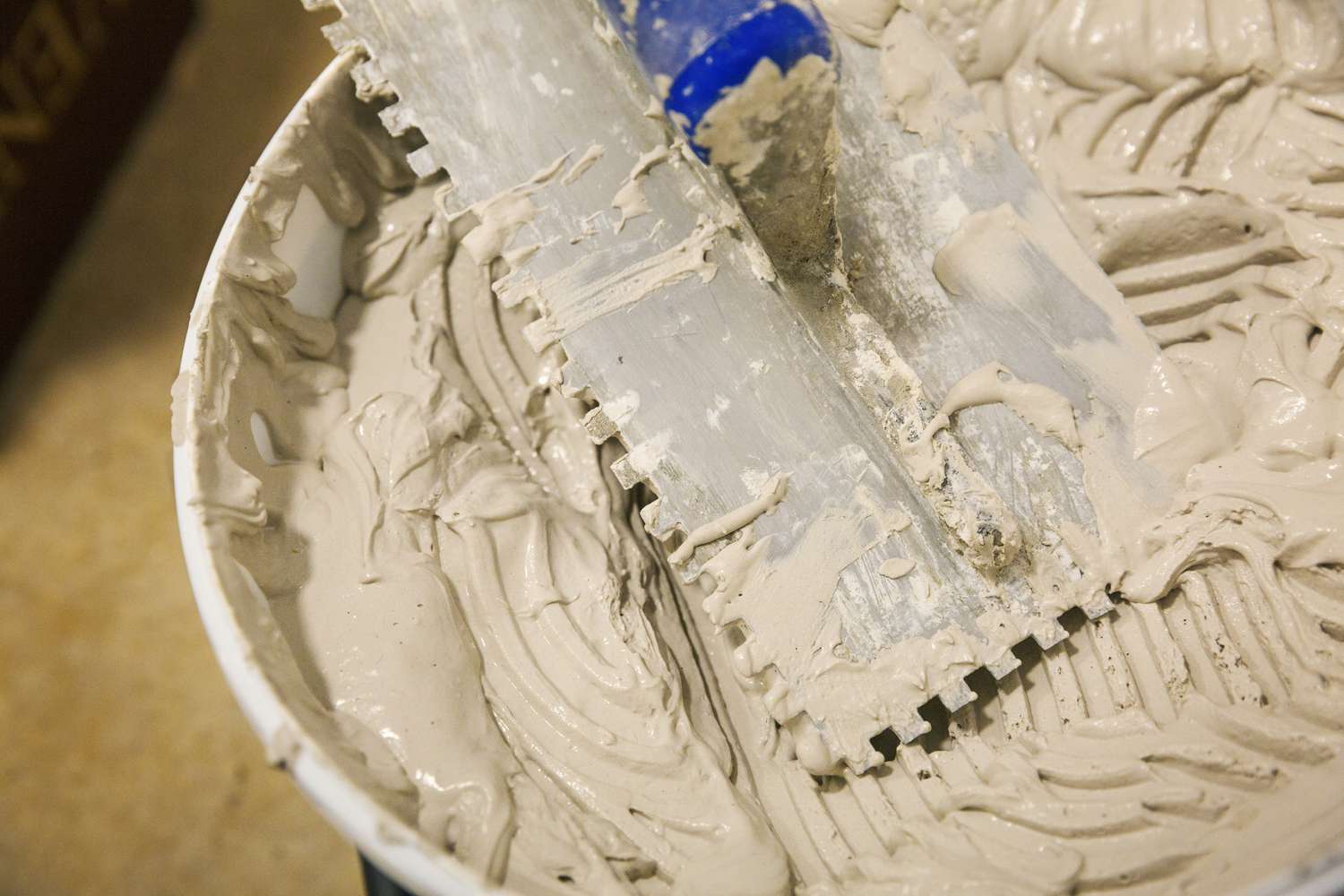If you’ve ever wondered which grout packs the most strength for your tiling projects, the answer might not be as straightforward as you think. Different types of grout offer varying levels of durability, and factors like materials and application methods play a significant role in determining their robustness.
Understanding the nuances between sanded and unsanded grout, as well as the durability of epoxy grout, can shed light on which option could be the strongest contender for your next project. But before you make a decision, considering the performance and longevity of each type is crucial in ensuring your tiles stay in place for years to come.
Types of Grout for Strength
- When selecting grout for optimal strength, consider the composition and additives of each type to ensure durability. The debate between flexibility and strength is crucial when deciding on the type of grout to use. Flexibility allows for slight movement within the tiled surface, reducing the risk of cracks, while strength ensures the grout can withstand heavy loads without crumbling.
- Rapid setting grouts are gaining popularity due to their quick curing time, which is advantageous for projects requiring a fast turnaround. These grouts provide a balance between strength and flexibility, making them ideal for areas with high foot traffic or heavy loads. However, it’s essential to follow the manufacturer’s guidelines carefully to achieve the best results when using rapid setting grouts.

Sanded Vs. Unsanded Grout
- To determine the appropriate grout for your project, evaluate the differences between sanded and unsanded grout based on their respective characteristics and applications. Sanded grout contains sand particles, making it ideal for wider grout joints, typically over 1/8 inch. The sand helps prevent shrinkage and cracking in these larger joints, providing greater strength and durability. On the other hand, unsanded grout is smoother and is suitable for thinner joints, usually less than 1/8 inch wide, ensuring a more polished finish.
- When considering color options, both sanded and unsanded grout come in a variety of colors to match your tiles and design aesthetic. However, unsanded grout is generally more suitable for smoother surfaces like glass or marble tiles, as the fine texture helps prevent scratching during application.
- In terms of application techniques, sanded grout can be more challenging to work with due to the larger sand particles, requiring more effort to push into the joints. Unsanded grout, being smoother, is easier to apply and is preferred for vertical surfaces or delicate tiles.
Epoxy Grout Durability
- For optimal durability in grout selection, epoxy grout stands out as a high-performance option. Epoxy grout is known for its exceptional durability, making it a popular choice for high-traffic areas and spaces prone to moisture exposure. When considering epoxy grout, it’s essential to understand its key attributes that contribute to its durability.
- Epoxy grout offers superior chemical resistance compared to other types of grout, making it ideal for environments where exposure to harsh chemicals is a concern. This resistance helps maintain the integrity of the grout over time, ensuring long-lasting performance. Additionally, epoxy grout comes in a wide range of color options, providing versatility in design choices while maintaining its durability.
- When it comes to installation, epoxy grout requires specific application techniques to ensure optimal performance. Professional installation is recommended due to the precise mixing and application process involved. Proper installation is crucial for maximizing the durability of epoxy grout and ensuring its longevity in various settings.
Comparing Performance and Longevity
- In comparing the performance and longevity of different types of grout, a critical factor to consider is their resistance to wear and tear in various conditions. When conducting a performance comparison, it’s essential to assess how well the grout maintains its structural integrity under stress. Factors such as compressive strength, flexural strength, and resistance to chemicals play a crucial role in determining the overall durability of the grout.
- Longevity assessment involves evaluating how well the grout withstands the test of time. This includes analyzing its ability to resist staining, cracking, and discoloration over an extended period. Additionally, examining the grout’s resistance to mold, mildew, and moisture infiltration is vital for ensuring its long-term performance.
- To accurately compare the performance and longevity of different grout types, conducting standardized tests and considering real-world application scenarios are imperative. By carefully evaluating these factors, you can determine the most suitable grout for your specific needs, whether it be for residential, commercial, or industrial use.
Factors Impacting Grout Strength
- Factors influencing the strength of grout include the type of materials used, the water-cement ratio, and the curing conditions. The curing process plays a crucial role in allowing the grout to attain its maximum strength potential. The temperature during curing can impact the hydration process; higher temperatures generally accelerate the strength gain, while lower temperatures may slow it down.
- Moreover, the water content in the grout mixture is significant. A lower water-cement ratio typically results in higher strength due to better particle packing and reduced porosity. Additives such as plasticizers can improve workability without compromising strength, but excessive use may have adverse effects.
- Properly designed mixtures with the right balance of materials and water content, along with suitable curing conditions, can enhance the overall strength of grout. Understanding these factors and their interplay is crucial for achieving the desired strength levels in grout applications.
Conclusion
Based on the comparison of sanded and unsanded grout, as well as the durability of epoxy grout, it’s evident that epoxy grout is the strongest option available. Factors such as water resistance, flexibility, and overall longevity play a crucial role in determining the strength of grout. When considering which grout is stronger, epoxy grout emerges as the top choice for those seeking maximum performance and durability in their tiling projects.